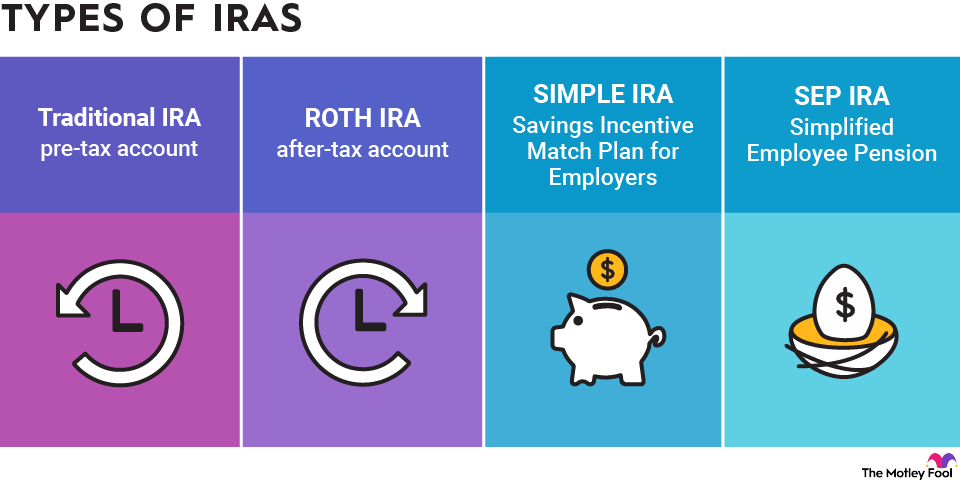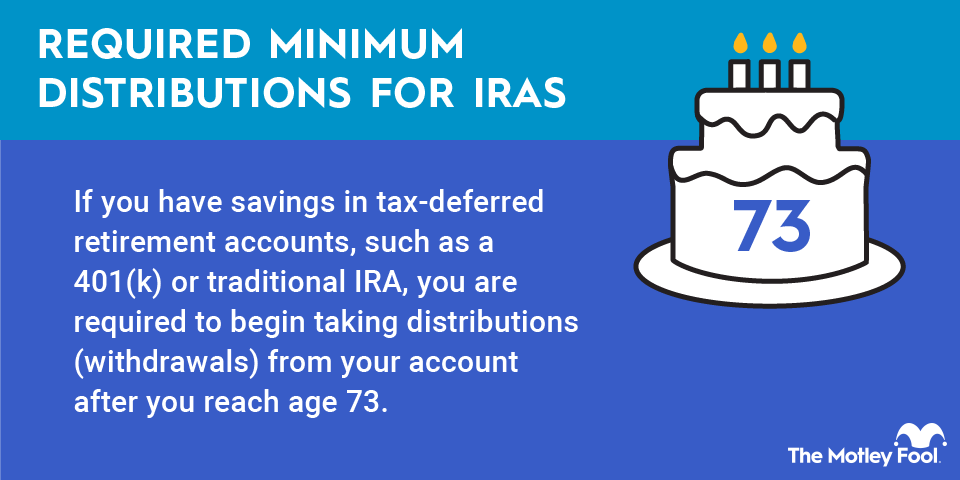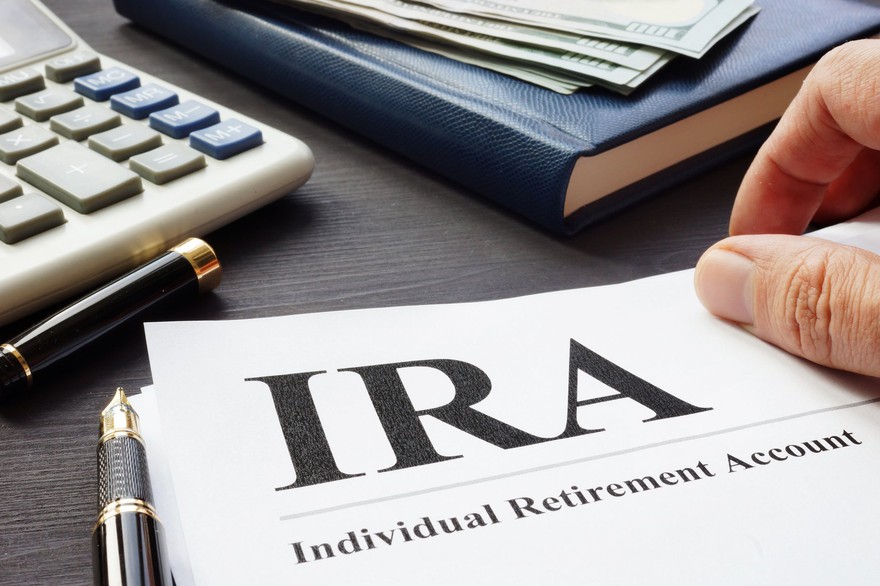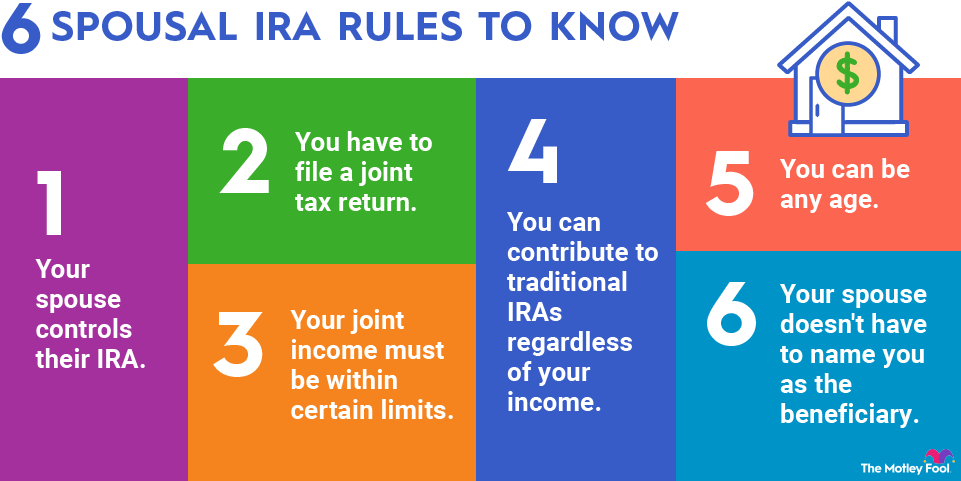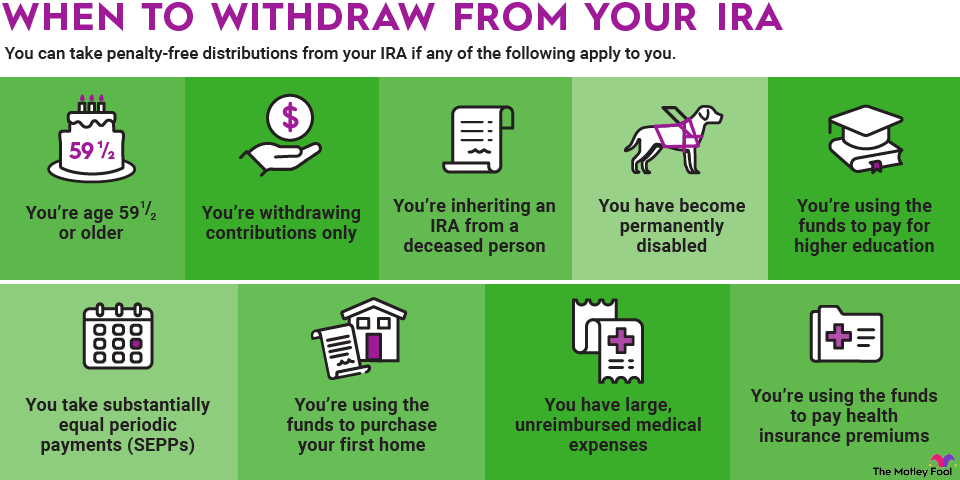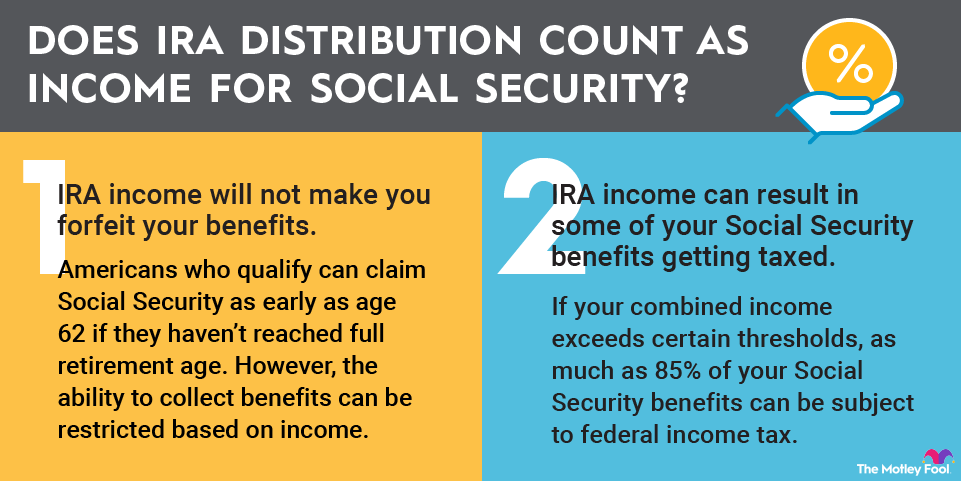A traditional IRA, which stands for "individual retirement account," is a tax-advantaged way to save for retirement. The benefits of an IRA include tax-deductible contributions and tax-deferred growth of investments.
Depending on your situation, the features of a traditional IRA might be more valuable to you than the benefits of the alternative, a Roth IRA. To help you decide, this guide explains the benefits of IRA investing and traditional IRAs in particular.

Benefits of an IRA
First, let's briefly look at the benefits of having any type of IRA. With traditional and Roth IRAs, you can invest in virtually any stock, bond, or mutual fund you want. While investments are held in an IRA, they're exempt from taxation.
For example, if you own a stock in a standard brokerage account and you get a dividend, that dividend is considered taxable income. If you own the same stock in an IRA and it pays you a dividend, it isn't included in your taxable income. The same is true if you sell an investment you hold in an IRA at a profit. Even if you invest $5,000 in a stock and it eventually rises to $1 million in value, the IRS can't touch a cent as long as the money remains in your IRA.
Example of IRA tax advantages
The tax advantages of an IRA can make a big difference when it comes to long-term compounding. Consider this example:
You deposit $1,000 into a traditional brokerage account and invest in a stock you like. In five years, the stock is worth $3,000, so you sell. If you're in the 15% capital gains tax bracket, you'd owe $300 in federal income tax on the $2,000 profit, leaving you $2,700 to reinvest. Now, let's say that investment triples in another five years, giving you an account value of $8,100. You'd owe another $810 in capital gains tax on your $5,400 in profits, giving you an ending value of $7,290.
Meanwhile, the same investments in an IRA would be worth more at the end. You would have been able to reinvest the full $3,000 in proceeds from the first, and the second would have grown to $9,000. And no capital gains tax would be due if you left the money in the account.
Benefits of an IRA vs. a 401(k)
A 401(k) is another type of tax-advantaged retirement account. IRAs have a couple of notable advantages over 401(k) plans:
- IRAs allow you to invest in stocks, bonds, mutual funds, or ETFs -- anything the broker offers. 401(k)s limit you to a small selection of investments chosen by the plan administrator.
- IRAs have some penalty-free early-withdrawal exceptions that don't apply to a 401(k), including qualified higher education expenses and up to $10,000 toward a first-home purchase.
Contributing to a 401(k) could still be worthwhile. Many employers offer a 401(k) match, which is about as close as it gets to free money. Remember that you don't need to choose one or the other. You can contribute to an IRA and a 401(k) to get the benefits of both.
Traditional IRA tax benefits
The tax structure of a traditional IRA is its main difference from a Roth IRA, and it can be a great benefit if you want to reduce taxable income right away.
A traditional IRA is known as a tax-deferred account. The money you contribute to a traditional IRA can be tax-deductible in the year the contributions are made, if you qualify.
If you (and your spouse, if applicable) don't have a retirement plan available through your employer, you can take advantage of the deduction no matter how much you make. On the other hand, if you have a retirement plan at work, the ability to take the deduction is income-limited.
With that in mind, here are the traditional IRA deduction income limits for the 2025 tax year:
Tax Filing Status in 2025 | Your 2025 AGI Must Be Lower Than This for a Full Deduction | Your 2025 AGI Must Be Lower Than This for a Partial Deduction |
|---|---|---|
Single or head of household | $79,000 | $89,000 |
Married filing jointly | $126,000 | $146,000 |
Married filing separately | $0 | $10,000 |
For 2026 contribution and deduction purposes, here are the adjusted gross income (AGI) thresholds:
Tax Filing Status in 2026 | Your 2026 AGI Must Be Lower Than This for a Full Deduction | Your 2026 AGI Must Be Lower Than This for a Partial Deduction |
|---|---|---|
Single or head of household | $81,000 | $91,000 |
Married filing jointly | $129,000 | $149,000 |
Married filing separately | $0 | $10,000 |
If you're married and your spouse has an employer-sponsored retirement plan, but you don't, the 2025 AGI limits are $236,000 for a full deduction and $246,000 for a partial deduction, assuming you file a joint tax return. For the 2026 tax year, these AGI thresholds are $242,000 and $252,000, respectively.
The potential downside is that while your traditional IRA contributions can be tax-deductible, withdrawals from a traditional IRA are considered taxable income at whatever your then-current marginal tax rate ends up being. With Roth IRAs, contributions aren't tax-deductible, but withdrawals in retirement (after age 59 1/2) are tax-free.
Related retirement topics
How to choose an IRA
The biggest question to ask yourself when trying to decide if a traditional IRA or Roth IRA is best for you is when you want your tax benefit -- now or after you retire. If you're in a relatively low tax bracket now, you're probably going to save more money in the long run with a Roth IRA, because you'll be able to make tax-free withdrawals in retirement.
But if you're in a moderate-to-high tax bracket right now and qualify for the traditional IRA tax deduction, the immediate tax savings of traditional IRA contributions could be the better way to go.



